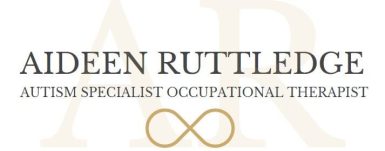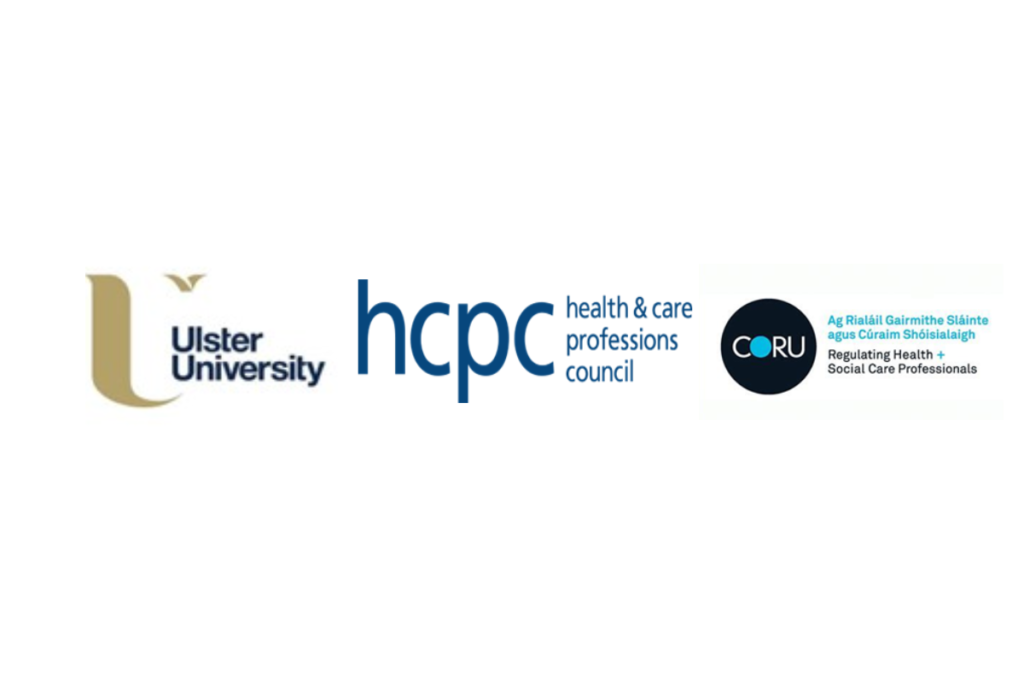
Frameworks Used
I have completed postgraduate qualifications in each of the following approaches and frameworks
Sensory Attachment (SAI) is a specialist integrative approach developed by Eadaoin Bhreathnach to support children who have experienced early adverse life experiences and developmental trauma. SAI recognises the need to first establish the regulation of arousal states and then to facilitate modulation of body senses through the ‘just right’ combination of up regulating and down regulating experiences. SAI is particularly aligned to my ethos and approach as it empowers supporting adults in co-regulation strategies.


Autism Level Up! : Is a framework and a neurodiversity-affirming approach developed by Jacquelyn Fede, an autistic developmental psychologist, and Amy Laurent, a developmental psychologist and occupational therapist. This framework centres around emotional regulation, self-advocacy, and honouring autistic experiences rather than trying to “fix” or “normalise” behaviour.
Therapeutic listening: is a sound-based intervention that is embedded in a sensory integration perspective. It has evolved from clinical work built on a foundation of developmental and neurological principles. Because the auditory system has connections to many parts of the brain, sound is a powerful way to access the nervous system and affect changes.
Handwriting Without Tears: The handwriting without tears programme aims to make handwriting fun, engaging and automatic for children especially those with sensorimotor difficulties. The programme also follows a developmental teaching order for tracing and copying letters.
The SCERTS® Model: The SCERTS® (Social Communication, Emotional Regulation, and Transactional Support) model can offer a brilliant framework for creating consistent approaches to help children and young people with autism make progress – ensuring that teachers, families and educational therapists are all working well together as a team.
Attention Autism™ is a firm favourite for everyone and an approach I love to use. It was created by Gina Davies, Speech and Language Therapist and helps aims to support development of the following, attention, connection, shared enjoyment in group activities, attention in adult led activities and participation as part of a group. I am an Advanced Practitioner in Attention Autism and provide training in this programme to professionals and parents.
Curiosity Programme™ also created by Gina Davies is for children and young people who may not be ready for Attention Autism yet and require 1:1 support in making connections and engagement.
Brick By Brick®I am trained in the Brick-by-Brick Programme with Play Included who are official partners of the LEGO™ Foundation.
